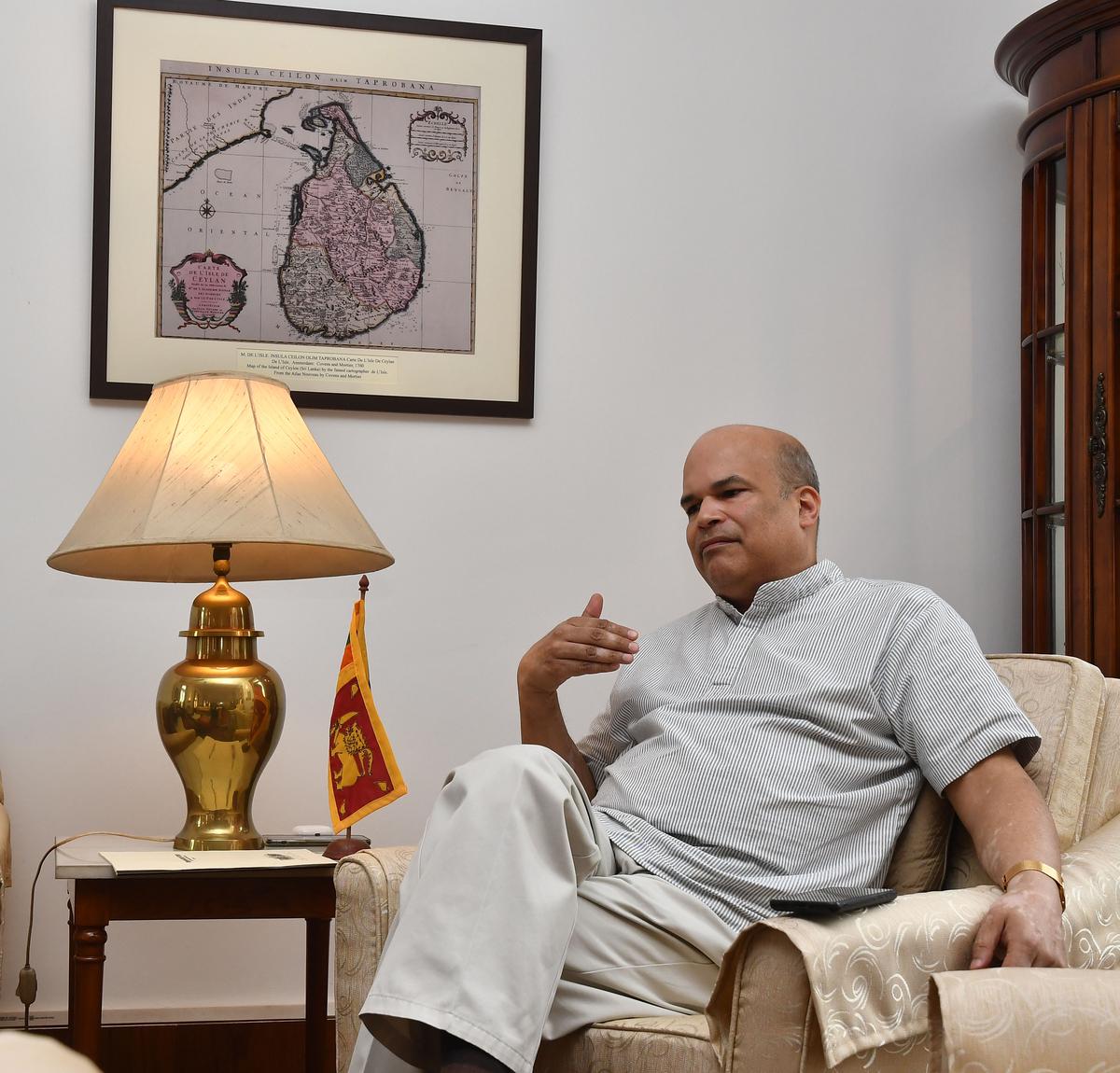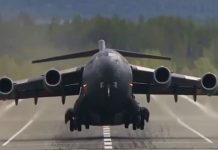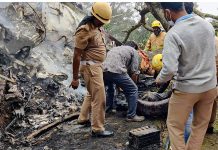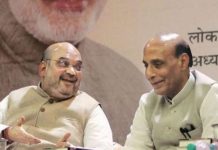
Recently, Sri Lanka was in turmoil as the economy went for a toss, and people came out on the streets against the political class targeting President Gotabaya Rajapaksa with ‘Go Gota Go’ slogans that saw the former leader run for life. He fled to the foreign shores handing over the Presidency to former President Ranil Wickremesinghe, the man who can turn the sinking economy around, as the present Ambassador of Sri Lanka to India, Milinda Moragoda says. In a free-wheeling interaction with Priti Prakash, the High Commissioner gave a fair picture of what went wrong with their economy, how is it being addressed now besides touching upon issues such as trade with India, investments and docking of the Chinese ship at Colombo. Following are the excerpts from the interview:
- India extended financial assistance worth $4 billion to Sri Lanka. How long will it take for Sri Lanka to stabilize economically and politically?
- India is the anchor of security in this region. Without India we would not have been able to last this far. We are grateful to India for their support. We see our resurgence as a two-step way to recovery. First, stabilization, and then revival phase in which India will play a key role. Revival will come through investments, market access and looking at new areas for integration. The only way we can turn this around is growth and India is a key component of that. We are trying to reach some point of agreement with the IMF and are hopeful that other countries will also join.
- India had conveyed her concerns over the docking of Chinese ship in Sri Lanka. How do you see these issues in the larger context of regional integration?
- It is a challenge. Our region has so many armed powers, and the strategic and political scenario is very complex. We are talking to India over how to avoid such incidents in future. How do we have better and transparent communication, and how can we develop some kind of a framework to avoid such issues. Lot of technologies today are dual purpose technologies. They can be used for both peace and war, and we may not be familiar with them. So we need to have a better understanding. But for us, India is the anchor for security. No disputes about that.
Approval for this was granted at a time when we were in a state of chaos on the ground. Having granted it, we couldn’t have done anything after that. The lesson learnt is that we need to have very close coordination and cooperation with India. We are working on a framework of operation. There was no intention of working against India’s security interests. If China is a friend, India is a family.
It has been our basic foreign policy that India’s security interests are our own security interests. The accord that was signed in 1987 had mentioned that India would not allow Indian soil to be used against Sri Lanka and similarly Sri Lanka would not allow maritime borders to be used against India. It is just a matter of how we implement it and how we engage. Some time ago, we had a similar understanding for a submarine that came from China in 2014. It is a process. We have to learn that it doesn’t happen again. Such things are done on a routine level unless something stark comes up. The permission was given when our former President was about to leave. There was no political involvement in this decision.
Our country gets over 300 naval ship visits from India, also from the US navy and a large number of research vessels from China as well. Most of them come to Colombo, Hambantota.
- How and when do you see the economic resurgence of Sri Lanka happening? When can we expect the trade to resume?
- India and Sri Lanka are collaborating in many spheres like the electricity cable link connecting Sri Lanka with India at Trincomalee as an energy hub, a refinery and investments in ports. Trincomalee oil tank farm is now being jointly managed by Sri Lanka and India. That could potentially be in link with the pipeline with India for oil supply and a logistic centre.
Colombo port is largely a port servicing India. Adani Ports has invested and that work will start in coming weeks. Whether it is fresh investment or buying existing businesses in Sri Lanka or developing or expanding them, focus will be on economic integration.
We are working on making connectivity better. While flights to Jaffna are starting, we are exploring more connectivity to other Indian cities too. We must think of out of the box ideas. Tourism is the quickest way to start, a low hanging fruit. Before Covid, 20-25% of the tourist arrivals in Sri Lanka were from India. India is our main market for tourism.
ITC is building a first star class hotel by spending about 400 million dollars, which is opening next year. Integrated gaming resort is coming up. Wedding and event tourism is happening. We are working on Comprehensive Economic Partnership. West terminal investment would be worth 600 million dollar which is a joint venture between Adani, a local conglomerate and the state.
In the IT sector, India is playing a key role. HCL, TATA and Infosys are investing in Sri Lanka. There is potential for renewable wind and solar energy in the northwest of Sri Lanka.
- Are there any political changes on the anvil after the recent people’s unrest resulting from the economic crisis?
- The blowback we saw in the last few days was because people felt politicians were looking after themselves more than the people and nothing was coming to the ground. One of the reasons for corruption in Sri Lanka is the voting system which needs to be corrected. We have a very convoluted voting system which makes one spend millions and millions of rupees to even contest a local seat. So a change is being worked out at the provincial council level for voting.
Our youth feel that our economy hasn’t been delivering for them. The lesson learnt is that we have to find ways for growth and employment. With India, it’s more of a strategic and economic relationship than transactional. We want India to grow.
- What actually went wrong in Sri Lanka that led to this political crisis?
- We have invested heavily in the social sector. We invested in education, health, in some way at the cost of the economy. But we didn’t invest in growth. Presently, we spend 80% of our revenue on salaries and pensions for our state sector employees in a population of 20 million. Seventy four per cent is spent on interest payment alone for our debt. So we begin every year by borrowing and in dollars. Our enterprises are losing money as we are losing on electricity, on petroleum. Whatever comes in gets stuck in our banking sector. Covid and Ukraine crisis brought all this to the fore. It was a problem that was waiting to happen.
- How much aid from China are you getting?
- Ten percent of our debt is Chinese. We are looking at re-structuring it. A discussion for stabilisation of our economy is going on with China and other countries. Our President is visiting Japan.
- Fishermen issue is a long-standing problem between Sri Lanka and India. Is any solution to the issue in sight?
We have to find a solution to this complex problem. There are three elements to it. First is the legal side, and the law is clear on this. Second is the ecological side, if the fishing belts on our sides get denuded, they will lose the fish. Environmentally, overfishing can be a problem. Then there is the livelihood issue. We are trying to ensure that we work together on this aspect. Tamil Nadu fishermen use much bigger trawlers, which is bad news for the seabed. Discussions on this issue are on and we are trying to encourage them for deep sea fishing.













